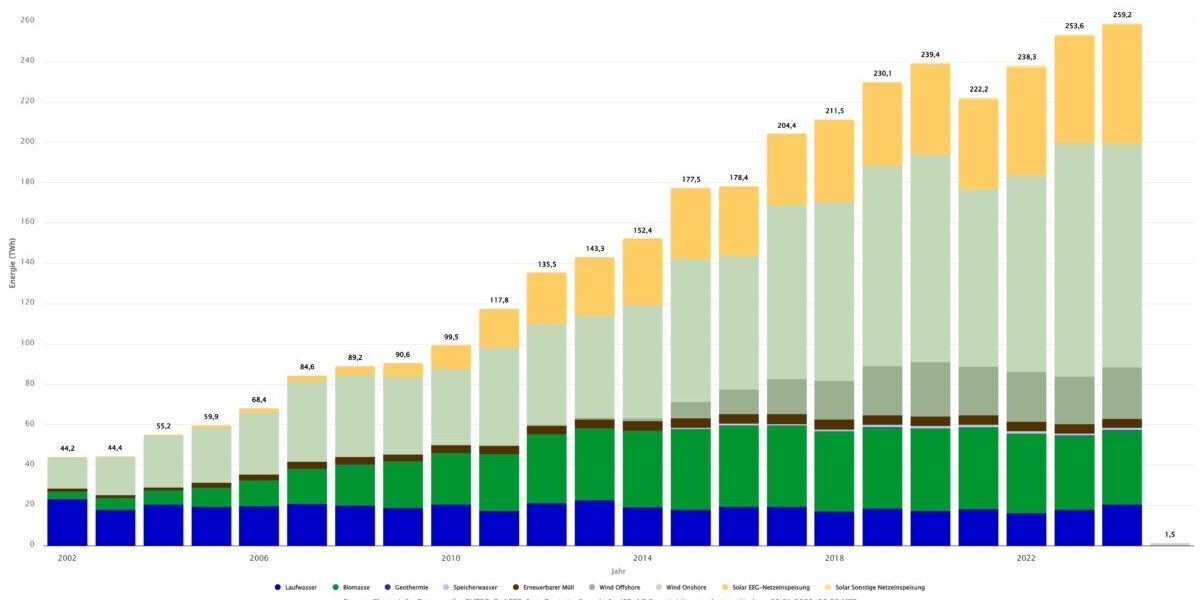There is always something bemusing about watching the spectacle of the political interplay between the United Kingdom and the EU. While the former keeps extending its final date to leave the union, spreading confusion and uncertainty among continental politicians, businesses and ex-pats, the latter put on hold a central element of the U.K.’s power market, the capacity market scheme, for a year before finding that it was actually in line with EU law after all. The effect of the pillar to post-decision is a £1 billion bill, which will likely prove difficult to pay as the details about who will get money and how much cannot be decided straightforwardly.
Cornwall Insight analyst Lee Drummee argues that the pending backpayments resulting from the latest European Commission decision will prove a stress test for the U.K.’s regulator Ofgem's ability to recover unpaid capacity payments.
The Background
The U.K. introduced its capacity market scheme to safeguard electricity supply in times of peak demand, in 2014. The scheme was subsequently approved by the European Commission, which did not identify any conflicts with EU state aid rules or energy policy in July of 2014.
In 2018, U.K. based energy supplier Tempus appealed that decision, asserting that the U.K. capacity market scheme did, in fact, amount to providing backdoor market access for non-renewable generators. Tempus argued at the time that the capacity market failed to incorporate demand-side response mechanisms, among other shortcomings, sufficiently.
Critics claim the scheme goes beyond its stated objective and amounts to a state-run incentive for non-renewable electricity generation. When the U.K. delivered legal notice of the scheme to the Commission in July 2014, multiple stakeholders pointed out the incentive effect, its lack of proportionality and its potential discrimination between capacity providers.
In November last year, the European Court of Justice annulled the Commission’s approval of the market mechanism, following the appeal from Tempus. Not on the claim that the market did, in fact, constitute a backdoor for non-renewables, but on procedural grounds.
The court found that the Commission had submitted a set of questions to the U.K. government to clarify the concerns about unfair market mechanisms, rather than launching an in-depth investigation of its own. Westminster’s responses were taken at face value by the Commission at the time. Following the suspension of the capacity market in November 2018, the Commission did launch an official investigation in February 2019.
Investigation after all
The formal investigation saw feedback and comments submitted by 35 parties, ranging from energy producers to trade associations, non-governmental organizations and network operators.
Reviewing and analyzing the positions put forward by these interested parties resulted in the Commission confirming its approval of the British Capacity market scheme, July this year. No violations of state aid rules or energy policy could be identified. “The investigation confirmed that the scheme is necessary to guarantee the security of electricity supply in Great Britain, is in line with EU energy policy objectives, and does not distort competition in the single market,” a European Commission statement explained.
The financial bickering ahead
On October 24, the ECJ lifted the suspension on the capacity market, but the U.K. power market stakeholders are in for a jump from the frying pan into the fire.
Under the capacity market system, annual auctions are held one or four years ahead of each power delivery year, and successful bidders secure agreements to either generate electricity at times of system stress or to reduce demand. They are paid a clearing price per kilowatt-hour, for the capacity they have committed to providing or for the level of demand they will guarantee to reduce.
Resulting from this, there are standstill payments of £1 billion to be paid on November 14, with the absolute payment deadline on November 21. According to analysts at Cornwall Insight, this deadline might be hard to keep, because the back payments cannot very easily be tracked. A reason for that is that some suppliers might not have been billing large business customers – particularly those on “pass-through” contracts – during the suspension of the scheme. And if customers have changed suppliers during the suspension of the scheme, the collection of these costs could be further complicated.
“While structures are in place to ensure providers will receive payments, stresses in the supply market could result in delayed payments to capacity providers. The collection of these payments will ultimately be a test of the effectiveness of the Electricity Settlements Company (ESC)'s debt recovery process, Ofgem’s ability to recover unpaid capacity payments through financial penalties, and for these funds to be included in a capacity payment reconciliation,” explains Drummee.
Aside from the collection’s mechanism and the eventual determination of who must pay what, Drummee adds that he thinks suppliers may have collected outstanding payments from customers after Ofgem ruled that capacity market costs can be included in the price cap. This process is further obscured since, during the suspension of the scheme, 17 capacity suppliers have left the market entirely.
The U.K. has already committed to making some improvements to the capacity market scheme by, for example, lowering the minimum capacity threshold for participating in the auctions, along with a range of other procedural changes designed improve access to this market for distributed renewables.
This content is protected by copyright and may not be reused. If you want to cooperate with us and would like to reuse some of our content, please contact: editors@pv-magazine.com.




By submitting this form you agree to pv magazine using your data for the purposes of publishing your comment.
Your personal data will only be disclosed or otherwise transmitted to third parties for the purposes of spam filtering or if this is necessary for technical maintenance of the website. Any other transfer to third parties will not take place unless this is justified on the basis of applicable data protection regulations or if pv magazine is legally obliged to do so.
You may revoke this consent at any time with effect for the future, in which case your personal data will be deleted immediately. Otherwise, your data will be deleted if pv magazine has processed your request or the purpose of data storage is fulfilled.
Further information on data privacy can be found in our Data Protection Policy.